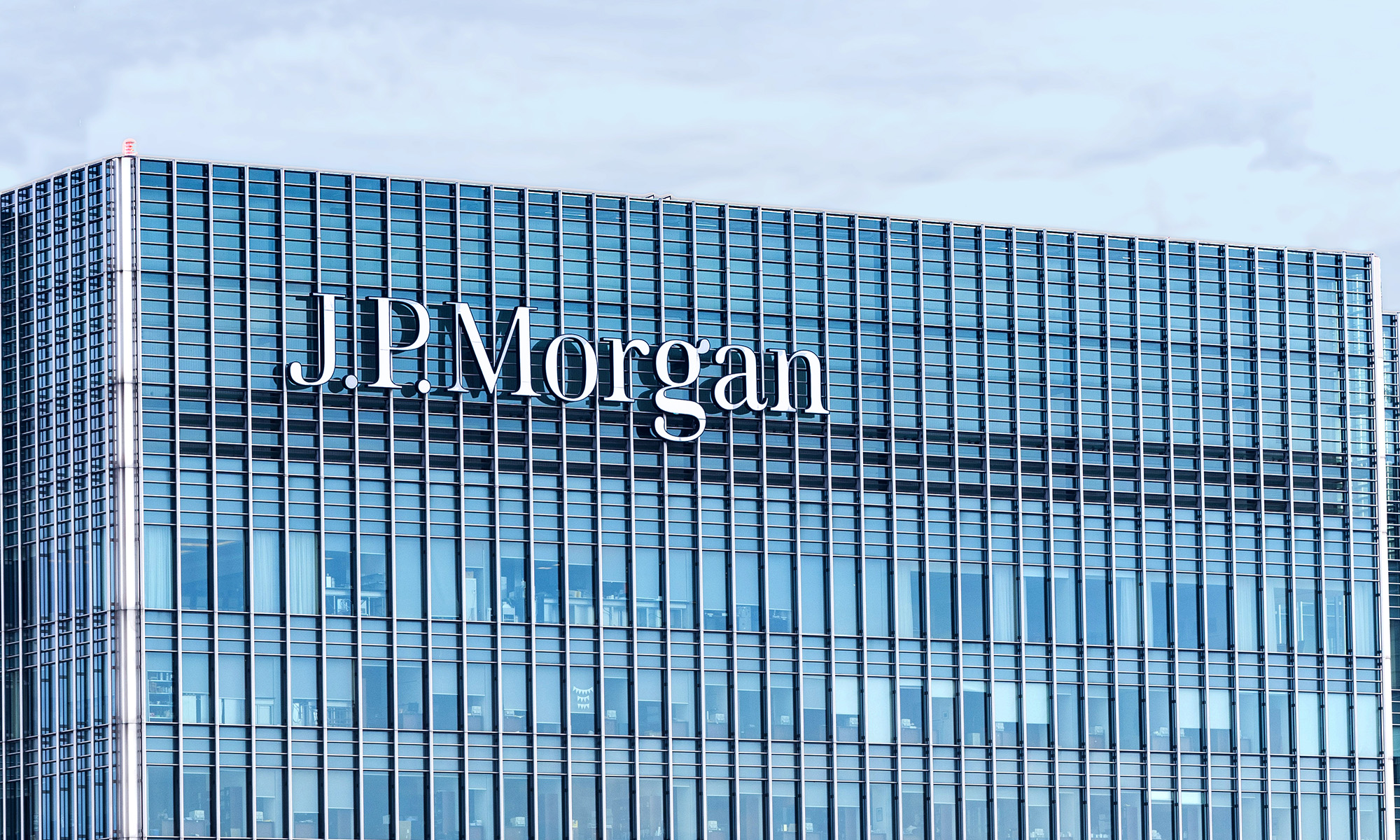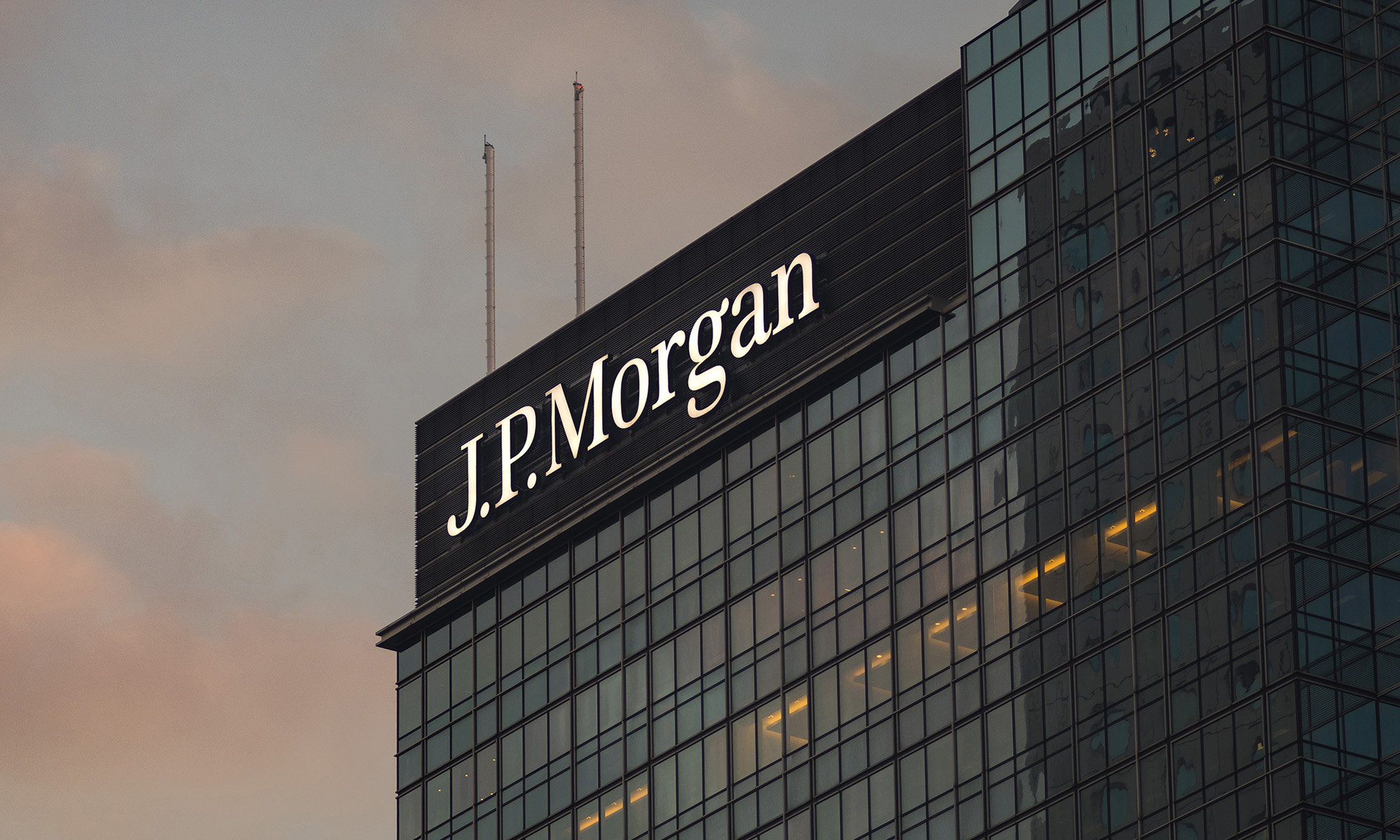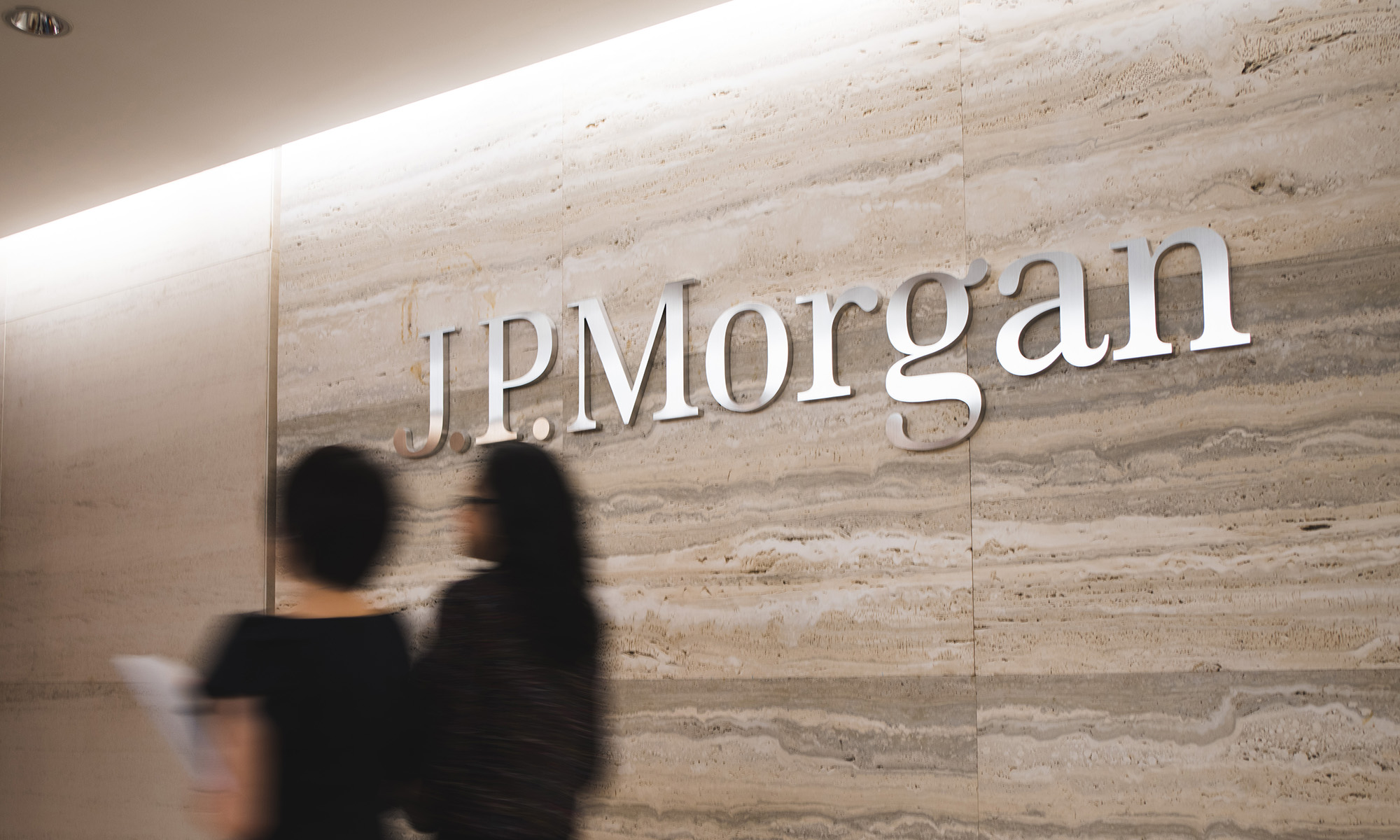You can read headlines every quarter about the stocks Warren Buffett is buying. But technically speaking, it's usually not Buffett who buys those stocks. Those articles nearly always focus on stocks that Berkshire Hathaway (NYSE: BRK-A) (NYSE: BRK-B) added to its portfolio. Warren Buffett may have picked the stocks himself, or approved a decision made by someone else, but it was really Berkshire buying the stocks -- not Buffett.
Buffett has publicly stated that he personally owns only five or six stocks. Three of those stocks owned by the billionaire investor look like pretty good choices for other investors also -- Berkshire Hathaway (the obvious pick), JPMorgan Chase (JPM +2.18%), and Seritage Growth Properties (SRG 2.75%).

Image source: The Motley Fool.
Berkshire Hathaway
The vast majority of Warren Buffett's personal wealth is held in Berkshire Hathaway stock, and Buffett has never sold any of his shares. Berkshire stock generated an average annual return of 20.9% between 1965 and 2017 and it's beaten the total return of the S&P 500 in seven of the last 10 years.
But is Berkshire still a good stock for investors who aren't worth billions of dollars? I think so. Berkshire is involved in such a wide variety of businesses and owns stakes in so many other companies, that its stock is almost like an exchange-traded fund (ETF). This diversification should be a positive for long-term investors.
Perhaps the best reason to like Berkshire's prospects for the future, though, is the company's enormous cash stockpile of $116 billion. That's the highest amount Berkshire has ever had on its balance sheet -- and Buffett is itching to invest the money. The problem right now is that valuations are higher than he would like them to be.
The stock market has a way of bringing excessively high valuations back down over time, though. I suspect that Berkshire will keep a lot of its powder dry and buy when the conditions are good for generating long-term returns.
JPMorgan Chase
Berkshire Hathaway doesn't own a position in JPMorgan Chase -- but Buffett does. The billionaire revealed in an interview with Yahoo! Finance a few weeks ago that Berkshire should have bought JPMorgan in the past. However, he added that he personally owns the financial-services company's stock.
There are several reasons why Buffett probably likes JPMorgan Chase. First, he's been a big fan of the bank's CEO, Jamie Dimon. Second, Buffett has long liked the financial sector. Third, JPMorgan Chase has a healthy balance sheet that should allow it to take advantage of growth opportunities.
It's the third point that should especially interest ordinary investors. JPMorgan Chase's CFO, Marianne Lake, stated in the company's Q4 update in January that the company expects U.S. tax reform "will boost growth in the economy." Increased economic growth would be great news for JPMorgan Chase since it would likely translate to greater lending activity.
There's another thing that investors should find attractive about the company -- its valuation. Even though JPMorgan Chase stock has doubled over the last 12 months, it still is not very expensive. Shares trade at only 11 times expected earnings.
Seritage Growth Properties
Seritage Growth Properties might seem like a surprising choice for Warren Buffett. The real estate investment trust (REIT) was spun off from Sears Holdings in 2015 and still leases a majority of its properties to the troubled retailer. Even with the problems for its prime tenant, Buffett personally invested in Seritage in a big way.
Warren Buffett knew exactly what he was doing. Seritage's strategy is to find new tenants for its properties as quickly as possible, and the REIT is making good progress. As of the end of 2017, 92 of Seritage's 230 wholly owned properties were leased to tenants other than Sears. The great news is that those leases are much more profitable than are Seritage's leases to Sears.
What if Sears declares bankruptcy and goes out of business altogether? Seritage should still be OK over the long run. The company should complete redevelopment projects by the end of 2019 that would generate roughly the same amount of rent as it's currently receiving from all of its properties, including those leased to Sears. The longer Sears hangs on, the better the prospects should be for Seritage.
As a REIT, Seritage must distribute at least 90% of its taxable income back to shareholders as dividends. The dividend currently yields a little under 3%. If Seritage succeeds in its strategy of finding new tenants, that yield should go up in the future.
Think like Buffett
Berkshire Hathaway, JPMorgan Chase, and Seritage Growth Properties appear to be in pretty good positions to generate cash flow over the long run. They also should be able to reinvest the cash generated into assets that produce more income. That's what attracts Warren Buffett to each of these stocks. It's also the formula for success that made Buffett his billions throughout the years.
Don't buy any of these stocks just because Warren Buffett owns them. However, they're all worth considering because of why he owns them. You don't have to buy the same stocks as the Oracle of Omaha to be successful in investing. But thinking like Buffett should go a long way toward improving your chances of investing success.









